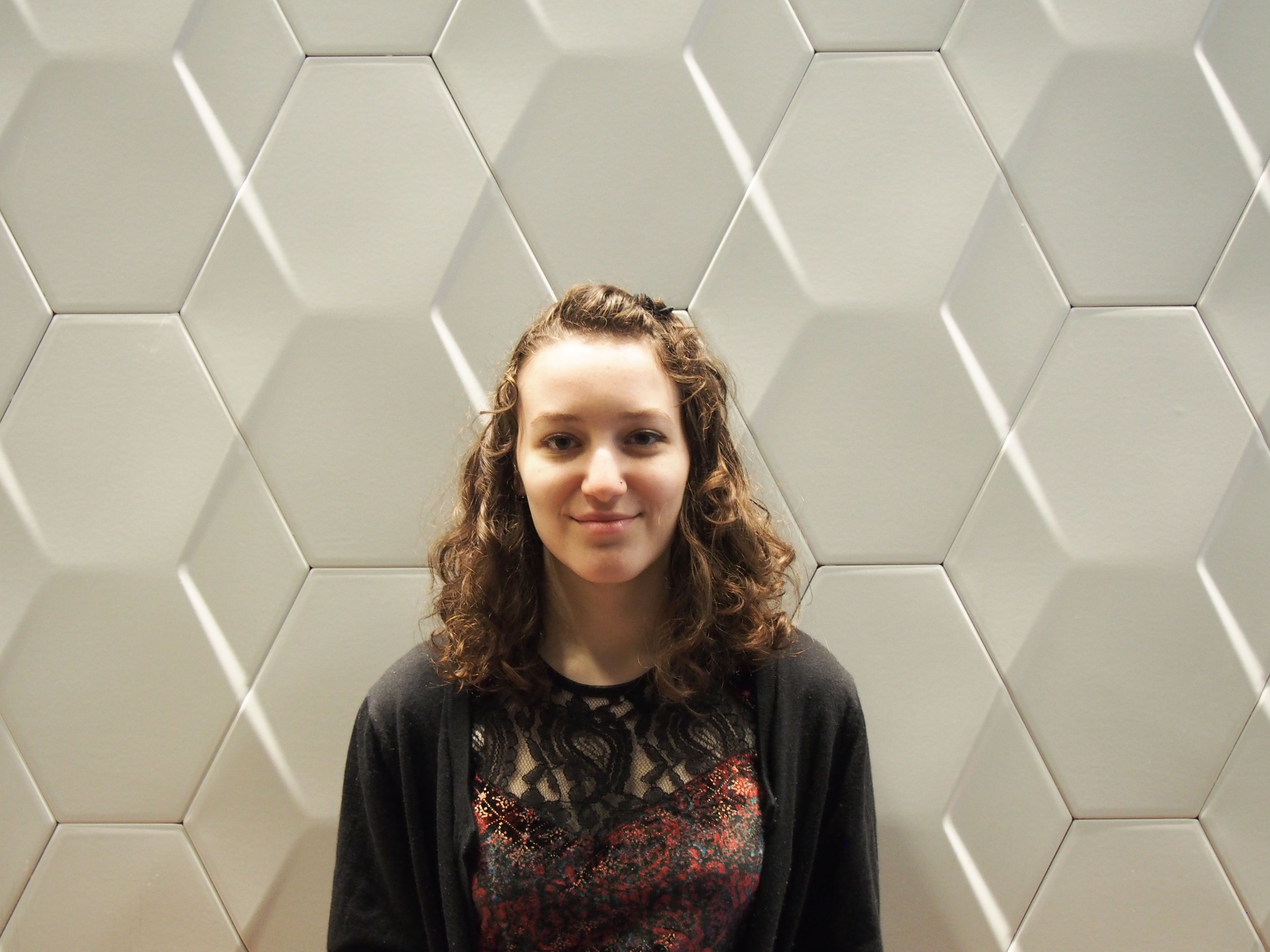Reflection: Learning Through Glitches
This post is a collection of thoughts that came out of a conversation I had with Abby about our experience at END this summer, and our feelings about learning new digital tools.
Abby and I discussed our experiences at END this summer as women and as humanities majors. Both of us have often felt uncomfortable learning STEM-related or digital techniques in school, particularly in male-dominated environments; we ended up sharing many sentiments about this summer’s END program as a space for learning and gaining confidence with methods and technologies that we have often felt averse to, or shut out from, in classroom environments.
I shared my memory of learning Marc XML, the computer language we use at END to catalog books and their metadata, during training week. I was a little nervous to start this learning process. My experience as a woman has included countless classroom environments in which teachers and peers have discouraged me from approaching numerical sequences or computer languages, subtly conveying to me that I am not naturally apt at problem-solving and that someone else will always approach and complete a puzzle more quickly and thoroughly than I could. I appreciated how during this initial Marc XML lesson at END, Alice taught the language in a way that was both welcoming and validating; I felt that I was given time and room to learn, but also that my intelligence and capability were affirmed and acknowledged. Coming into work every day in an environment that recognized my capacity to learn made me more deeply consider how my aversion to learning about computers and numbers is not due to any “natural” inaptitude in this subject, but instead, to the vast amount of subtle messaging I have received over my life that has caused me to internalize the narrative of my own inaptitude.
In addition to agreeing that END’s status as an all-woman space this summer has enhanced our experience gaining confidence with computers and digital methods, Abby and I also discussed how END emphasizes the digital as a helpful complement to more traditional humanities methods. This emphasis has been useful for me and Abby because it contrasts with widely-circulating narratives of the digital and the humanities as opposing, antagonistic fields. END’s environment of validation of our intelligence as women, as well as its demonstration that digital methods are relevant to us as humanities majors, have made us much more comfortable with (and interested in) using digital methods.
Abby pointed out that in classroom environments, attempting new, computer-related methods for research has often seemed intimidating, and that she often stuck with her usual research methods and avoided trying new techniques. I identified strongly with this experience. We both feel that END has changed this instinct in us, and has made us more likely to try computer-related methods in the future. We talked about feeling less inclined to give up if a digital method does not work immediately, understanding that its not working is probably due to a fixable issue, not to our inherent inability to understand computers. Abby said that she now knows it’s not necessarily her fault if something goes wrong in a digital process—it’s probably just an issue with Java! I feel similarly; I now know that there are many glitches that can come up when using digital methods. Usually, the glitches are in the computer, not in me.
